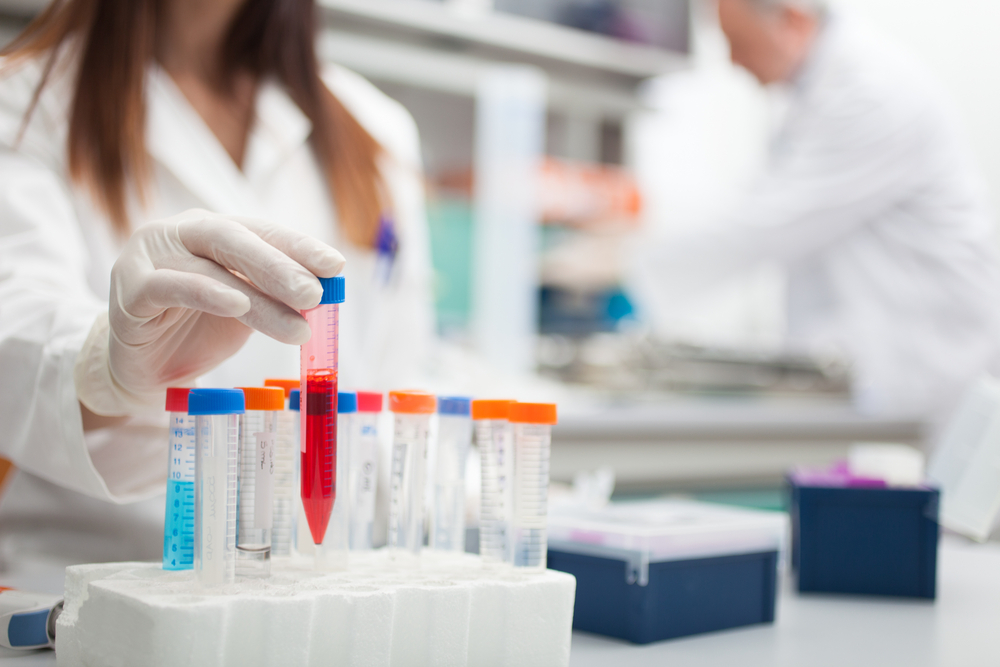
Clinical trials on four potential vaccine candidates to prevent infection with the virus that causes COVID-19 disease.
The first U.S. patients have been dosed in a clinical trial conducted by Pfizer and BioNTech. They are being held at the NYU Grossman School of Medicine and the University of Maryland. These two universities are the first centers to enroll patients in the United States.
The randomized phase 1/2 clinical trial will seek to enroll healthy patients to receive either one or two doses of one of the vaccines or a placebo. Pfizer and BioNTech are developing the vaccines.
BioNTech scientists are seeking to determine which protein components of SARS-CoV-2 were “most noticed by” the human immune system. Successful vaccine ingredients “teach” the immune system which microbial invaders to attack upon future encounters, researchers say.
“We are excited to work with industry leaders to rapidly, carefully test state-of-the-art vaccine candidates, with [the] goal of providing protection against this pandemic that has taken such a tremendous toll,” Mark Mulligan, director of the Division of Infectious Diseases and Immunology and director of the Vaccine Center at NYU Langone Health, said. “Vaccines have always been our most effective weapons to protect the health of the public from infectious disease threats, which is why it’s so important to study these candidates closely.”
Mulligan is a leader in infectious disease research programs and has yielded vaccine candidates for HIV and other viruses. NYU Langone, along with the other trial centers, was chosen because of their capability to rapidly launch vaccine trials.
The vaccines are part of the class called “mRNA vaccines.” They can be quickly computer-designed, fabricated, and scaled up into millions of doses if approved. mRNA vaccines are based on RNA or ribonucleic acid, a form of genetic material similar to DNA. Two of the study vaccines contain viral RNA encoding the “spike proteins” used by SARS-CoV-2 to attach to proteins on human cell surfaces, the first step in invading cells.
In the study, candidate vaccine injections will deliver small segments of mRNA into the arm muscles of participants. All mRNA versions are encased in a fatty lipid particle meant to prevent their destruction by enzymes so they can enter the cytoplasm of cells in muscle and nearby lymph nodes. Once there, the spike or RBD protein is made and triggers antibody and cellular immune responses.




